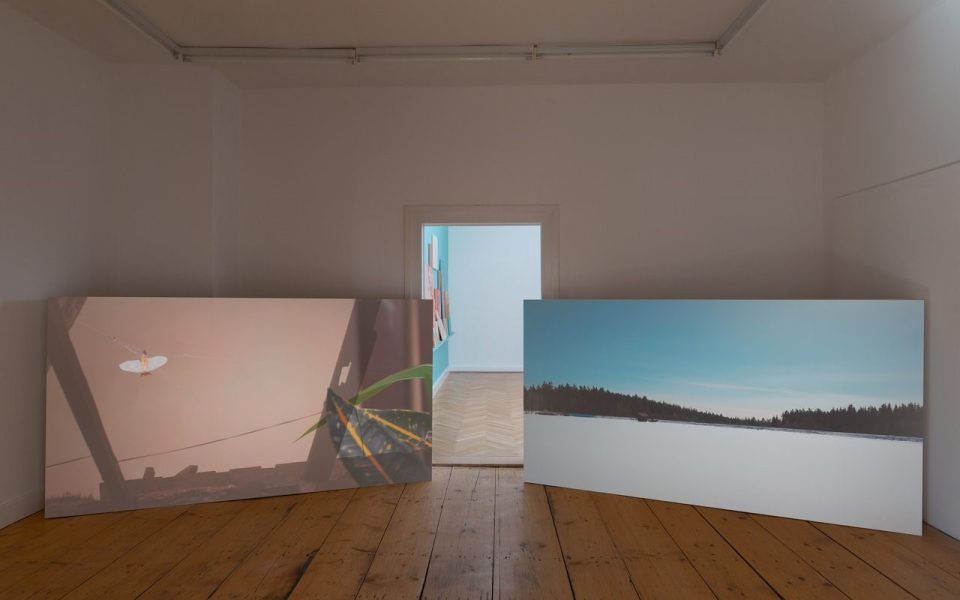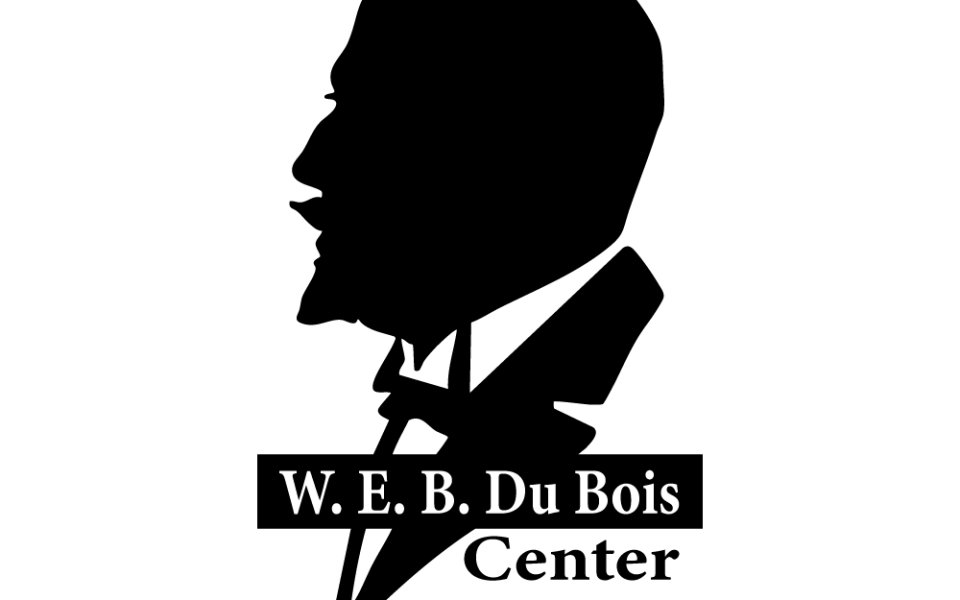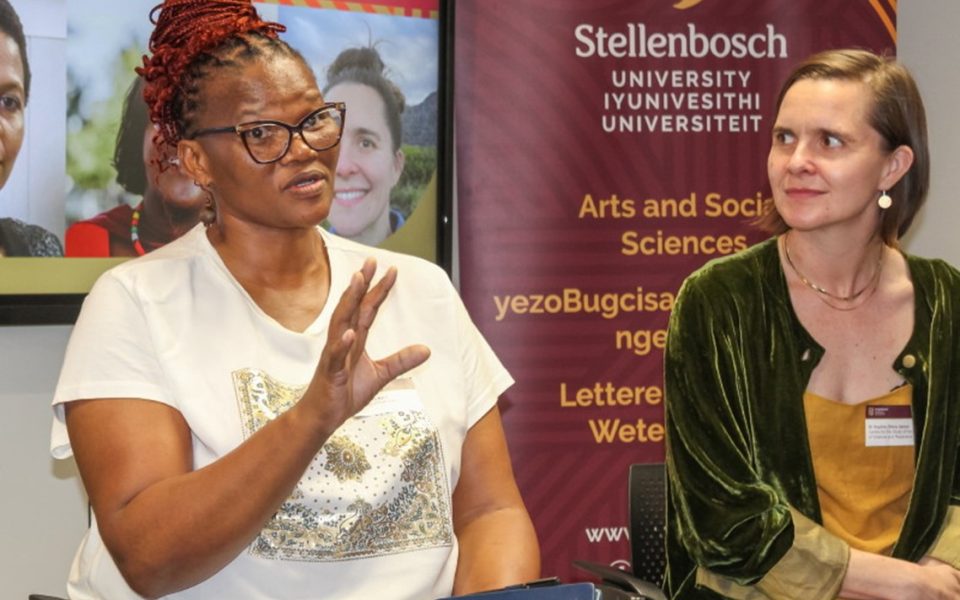The Humanities in Session with Kitso Lelliott

The CHR's A.W.Mellon Artist in Residence in Image and postdoctoral fellow, Kitso Lelliott was invited by the Kunstverein Braunschweig , Germany to create a work of video installations for the exhibition, THE FACULTY OF SENSING – Thinking With, Through, and by Anton Wilhelm Amo.
The “Humanities in Session” presents a short film on Lelliott’s triple channel video installation titled, “291 years condensed into the same number or seconds [or] one day out there our paths might cross” for the exhibition, THE FACULTY OF SENSING – Thinking With, Through, and by Anton Wilhelm Amo was made by STARK & SHAKUPA. This short film compels us to consider what it would mean to reflect on the artist’s discussion and performance about a video work in progress; a work incomplete, not yet exhibited. Lelliott’s reflections in the film travel over the difficulties of thinking departures, returns, foreclosures and the permeability of binary categories.
WATCH THE FILM
The curators’ brief to invited artists for the exhibition
With this project, we are embarking on deliberations around the politics of referencing, erasure and the canons of philosophy, as can be deduced from and through the works and life of Anton Wilhelm Amo. It goes without saying that Prof. Amo was one of the most important and consequent intellectuals of the 18th Century, whose work has been widely relegated to the extreme margins and actually into oblivion for what might be termed ‘obvious reasons’. In a 2013 essay “The Enlightenment’s ‘Race’ Problem, and Ours” for the New York Times’ philosophy page ‘The Stone’, Justin E. H. Smith wonders how and why philosophers like Immanuel Kant or David Hume could afford to be so explicitly racist, at a period when a contemporary of theirs Anton Wilhelm Amo was excelling as a philosopher. The explanation for this can be found in processes of erasure in relation to what Michel-Rolph Trouillot has called ‘Silencing the Past’.
While there has been a slight resurgence of interest in Prof. Amo in the last years, one notices that the focal points have been on his biography (which without doubt is of great interest) and a rather cynical fetishization that has to do with his Blackness versus being a philosopher.
In this project THE FACULTY OF SENSING – Thinking With, Through, and By Anton Wilhelm Amo we would like to chart a trajectory primarily on and around his philosophical and legal proposals in relation to 1. the thing itself, 2. the living body and soul discourse, 3. the legal rights of people of African origin in the 18th century as much as today, 4. transzendentale Obdachlosigkeit (Georg Lukácz, transcendental homelessness), 5. the politics of naming, as well as 6. the complex narration of the history of the Enlightenment project. All these being issues that Prof. Amo tackled in his writings like in his 1729 thesis disputation with the title De iure Maurorum in Europa (On the Right of Moors in Europe) in University of Halle, his 1734 dissertation, De Humanae mentis apatheia (On the Apathy of the Human Mind) in University of Wittenberg and his 1738 published Tractatus de arte sobrie et accurate philosophandi (Treatise on the Art of Soberly and Correctly Philosophizing). Obviously, the biography of Anton Wilhelm Amo – born in 1703 in what is today Ghana, taken as a child slave to Holland then to Braunschweig, Halle and Wittenberg , and upon increased racism fled ca 1748 to West Africa, where he died ca 1753 – cannot be separated from his work.





